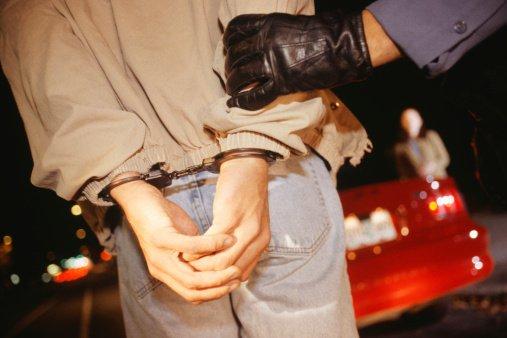Measuring Drugged Driving in Illinois
 Most people know that it is unlawful to drive under the influence of drugs in Illinois. What is less clear is how Illinois measures how much of a substance a person can have in their system while driving in order to be considered legally intoxicated.
Most people know that it is unlawful to drive under the influence of drugs in Illinois. What is less clear is how Illinois measures how much of a substance a person can have in their system while driving in order to be considered legally intoxicated.
When a person is charged with driving under the influence of alcohol, the person is automatically considered intoxicated if the driver’s blood alcohol is measured at .08 percent or more. By contrast, Illinois’s drugged driving law does not set a minimum amount of drugs that can be found in a person’s system before they can be convicted of a DUI for drugged driving. Instead, Illinois’s drugged driving statute states that a person may be convicted of drug driving if:
1. The driver was found to have been under the influence of a drug or combination of drugs that made them incapable of driving safely; or
2. The driver was found to have had any amount of a statutorily prohibited drug in their system.
Proving a Drugged Driving Case
In order to be convicted under the first requirement, the prosecutor must show that the person was incapable of driving safely due to recent drug use. This means prosecutors must first prove that the individual used drugs. Second, the prosecutors must produce evidence to show that the individual appeared unable to drive safely at the time of arrest. A prosecutor can do so by producing evidence that a person was impaired by looking to police officer testimony or evidence of a failed field sobriety test.
In order to be convicted under the second requirement, the prosecutors must show merely that the individual had a prohibited drug in his or her system during the incident. The list of prohibited drugs in Illinois’s DUI statute includes commonly used illegal drugs such as cannabis (without a prescription), methamphetamines, cocaine, and inhalants such as paint thinning agents. Illinois lawmakers adopt a zero tolerance policy towards use of these drugs, meaning that if even a minute trace of these substances is found in one’s bloodstream, that person can automatically be convicted of a DUI.
In order to prove drug use in general, a prosecutor may obtain evidence that drugs were present in an accused individual’s bloodstream by looking at the results of a legally-required blood test. In Illinois, a police officer may order an Illinois driver to take a blood test if that person causes injury and the officer has probable cause to believe the individual is intoxicated. Additionally, regardless of whether injury occurs, a police officer can order drug testing under Illinois’s implied consent law. This law states that all individuals driving on Illinois roads automatically consent to submitting to a drug test if requested, in exchange for the privilege of being allowed to drive on Illinois roads. If an individual refuses to take such a drug test, his license may be automatically suspended.
Seeking Help for a Drugged Driving Charge
A drugged driving conviction in Illinois is usually a misdemeanor offense. The charge may increase to an aggravated DUI if the driver’s actions caused serious injury or death. Depending on the facts of each case, penalties may include fines, imprisonment, license suspension, drug rehabilitation treatment or community service.
If you or someone you know has been charged with a drugged driving offense, it is strongly advised to seek the guidance of an experienced DUI attorney who can help you minimize the consequences of your mistake. For a free consultation about how our DuPage County criminal defense attorneys at Kathryn L. Harry & Associates, P.C. can help you, call our office at (630) 472- 9700 today.
 1200 Harger Road, Suite 830, Oak Brook, IL 60523
1200 Harger Road, Suite 830, Oak Brook, IL 60523







